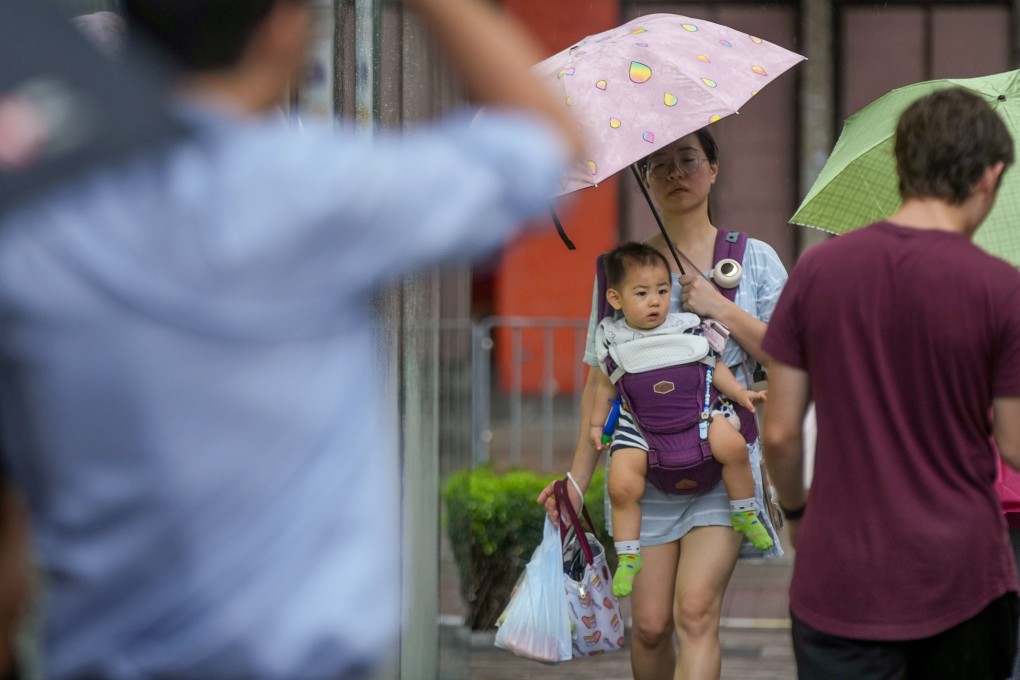Hong Kong will need more than talent schemes to ensure steady population growth, experts say
- HKU demographics expert says significant improvement in living conditions needed on top of talent drive
- Authorities urged to make childcare facilities more affordable and accessible, and tackle long work hours

Some experts urged the government to improve living conditions to motivate residents to have babies, while others warned that overseas talent might not necessarily stay in the city in the long run.

The department also projected the population would reach 8.19 million by mid-2046, with the net inflow comprising 890,000 one-way permit holders, 510,000 admitted under different talent attraction and labour importation schemes, and 240,000 foreign domestic helpers.
But the city also witnessed a decline in births, with 32,600 recorded in the year to June, down from 35,100 over the preceding 12 months.
Authorities also predicted the birth rate would remain low, despite expecting the fertility rate – the number of children born alive per 1,000 women during their lifetime – to increase slightly to 938 in 2046 from 772 in 2021.
Professor Paul Yip Siu-fai, an expert in demographics from the University of Hong Kong, cautioned the government against being too optimistic about population growth, pointing out that talent schemes would not have an “immediate effect” on birth rates.